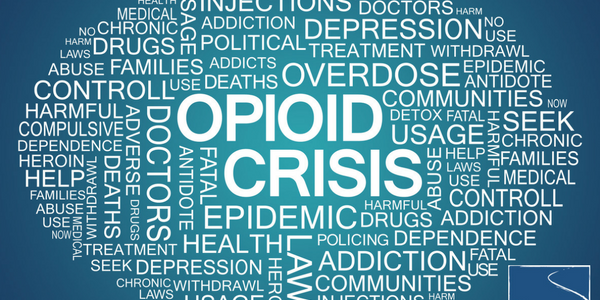The opioid epidemic is nothing new – it has been an issue for several years. But with more drugs such as fentanyl and carfentinil popping up and overdoses increasing, people are taking notice. This is especially true in Maine where a recent study found that the most Googled health condition in the state was none other than “opioid use disorder.” And in fact, it was the only state with this result. Popular terms in other states included asthma and diabetes.
The Internet provides a plethora of information at your fingertips, and Maine residents are using it to learn more about this dangerous addiction. According to the Bangor Daily News, in 2016 there was more than one overdose death per day in the state, and in 2014, Maine ranked second in the country for opioid-related emergency room visits – after ranking first in both 2009 and 2010.
What You Need to Know about Opioid Use Disorders
The term “opioid” covers several different commonly heard of drugs, and not all of them are illegal. While opioids do include heroin and fentanyl, they also include oxycodone, morphine, and codeine, which are prescription pain relievers. When used as prescribed, these drugs can be safe and effective, but they do still come with the risk of addiction. As the body builds up a tolerance, it requires higher doses to feel the same effects.
Opioids work by attaching to opioid receptors and blocking pain. However, they also produce a sense of euphoria and relaxation, and this can increase risk of misuse. People often begin taking more than prescribed or using them even after pain has subsided because they like the pleasurable effects. Continued use of opioids changes how the brain process information and perceives pleasure and reward, leading to addiction.
Signs that may indicate an opioid use disorder include:
- Intense euphoria
- Mood swings
- Poor coordination
- Poor decision making
- Nausea/vomiting
- Constipation
- Irritability
- Anxiety
- Changes in appetite or sleeping patterns
- Shallow or slow breathing
Other signs may include getting prescriptions from multiple doctors for the same problem, using someone else’s medication, hiding or downplaying use, inability to control how much they use, and loss of interest in activities they once enjoyed.
Getting Help for an Opioid Addiction
There is help available for opioid addiction. Through a comprehensive treatment program, individuals can safely treatment their body from these substances and identify triggers and issues that may have led to addiction. Clients learn how to make healthier choices, reduce risk of addiction, enhance their mental health, and improve their overall well-being. They develop strategies and skills for creating effective routines and coping with stress and challenges in a healthy way that does not include substance use.
If you are concerned about a loved one’s opioid use – whether it’s prescription or illicit drugs – speak up. Work with them to get the help they need at a drug rehab facility such as Crossroads. Let them know that their well-being is a priority and personalized treatment is available. Opioid addiction can be managed, and they can live a thriving life in recovery. Opioid use is serious problem in Maine, but there is help available.
[cta]Don’t put off treatment. If you or someone you know is battling an opioid addiction, contact Crossroads today.[/cta]


















